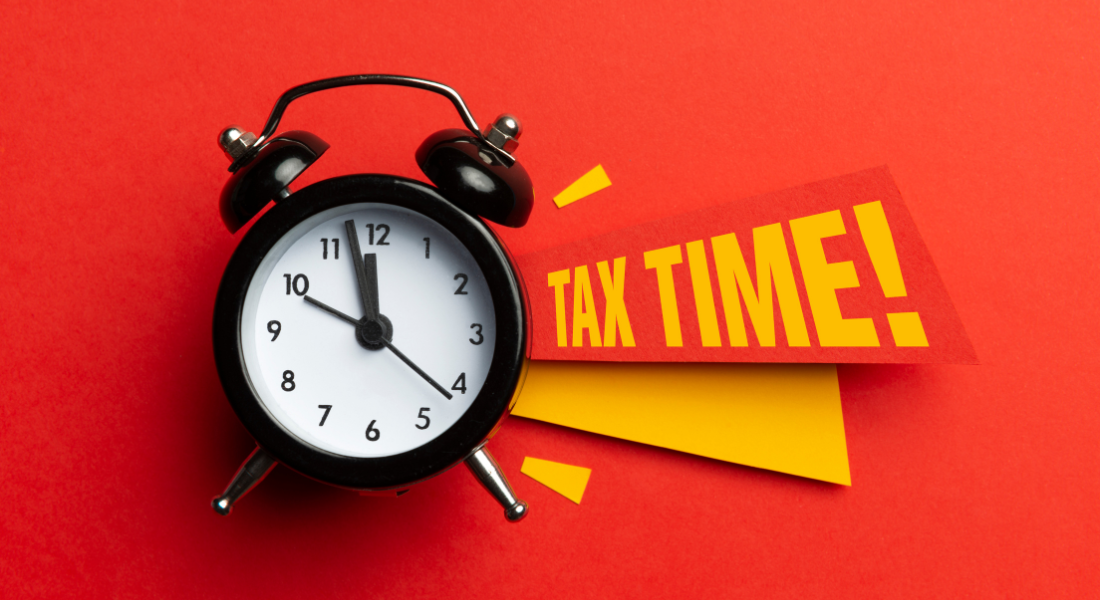A Complete Guide to Manage Assets in a Bankruptcy Case
If you are considering filing for bankruptcy, you might be wondering about the process of managing assets. The reality is that bankruptcy can affect your credit score and your ability to borrow money, but it does not necessarily mean that you will lose everything. If you want to keep some assets, here are some steps to take during this process:
What assets can be kept in a bankruptcy case?
If you are filing bankruptcy, the first thing you should do is determine what assets you want to keep. You can use a bankruptcy lawyer or qualified bankruptcy trustee to help you work through this process.
Some of these assets might include personal property, some exempt property, some jointly owned property, and retirement accounts. If one spouse files for bankruptcy while the other spouse has some assets, they can choose which assets to keep.
Personal property includes things like jewelry, electronics, furniture, clothing, and tools. Exempt property includes things like money in an IRA or 401(k) account up to $1 million. Jointly owned property are things like bank accounts with someone else who cannot be on the joint account due to their age or marital status. Retirement accounts are often exempt because they are considered protected property.
How to keep or sell your assets?
If you decide to seek bankruptcy protection, you will need to determine what assets you want to keep. Bankruptcy rules vary by state and the court overseeing your case. However, in most cases, your assets will be protected from the creditors if they are used for certain purposes.
In general, bankruptcy can protect your assets from being seized by a creditor when it is filed under Chapter 7 or Chapter 13 of the Bankruptcy Code. In some instances, there could be restrictions on what you can do with certain assets in order to qualify for this protection.
To avoid risking losing everything in a bankruptcy proceeding, it's important to know what assets are at risk and take steps in advance to protect them.
There are two ways you can keep any assets that you might want to keep after filing for bankruptcy.
- Keep the asset in your name and not tell anyone about it.
- Ask someone close to you—like a family member or friend—to hold the asset on your behalf.
If you decide to ask a family member or friend to hold an asset for you, there are some things that need to be considered:
- The person should have enough income and assets of their own so they don't need to use the money from holding the asset for you.
- They should be able to cover any costs associated with holding the asset, such as rental fees or mortgage payments if it's a piece of real estate.
- They should not have plans to borrow money in the near future because this could affect their ability to pay back a loan.
Who can help you manage your assets?
Your attorney may be able to assist you with this process, but there are plenty of other options. You may want to work with a company that specializes in managing bankruptcy assets, or hire someone on contract for advice on how to best manage your assets during the process.
If you do decide to work with an outside company, make sure they have experience working with people who have filed for bankruptcy protection so they can offer expert advice and counsel on how best to manage your assets during this time of need. This can be especially helpful if you have questions about what the law permits in terms of keeping certain items during the duration of the process.
Conclusion
When it comes to the management of your assets in a bankruptcy, there are a lot of choices and decisions that need to be made sensibly. One needs to find the right person or service to make the process a little bit easier and less stressful.
With the help of this article, we hope we made your way through the bankruptcy journey clearer and easier.
Contact us today, at Cartier CPA's our goal is to provide clients with the highest level of respect and quality of service.










